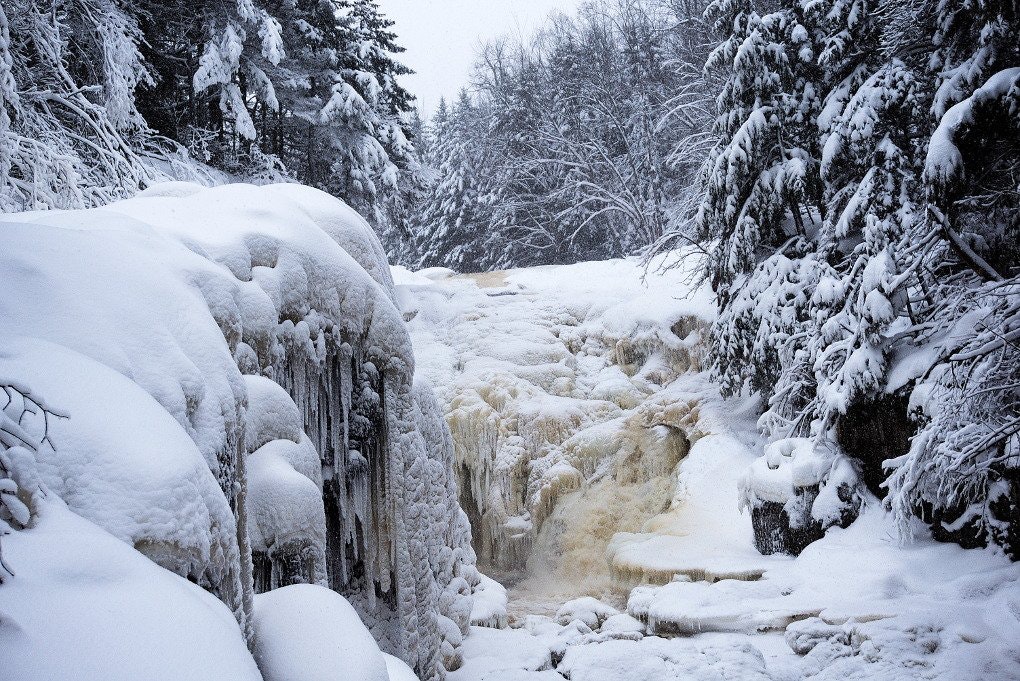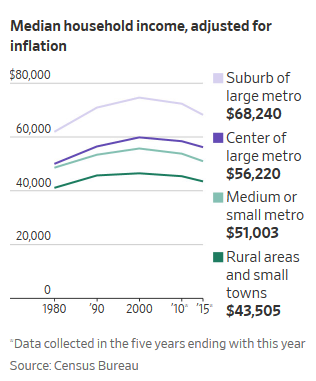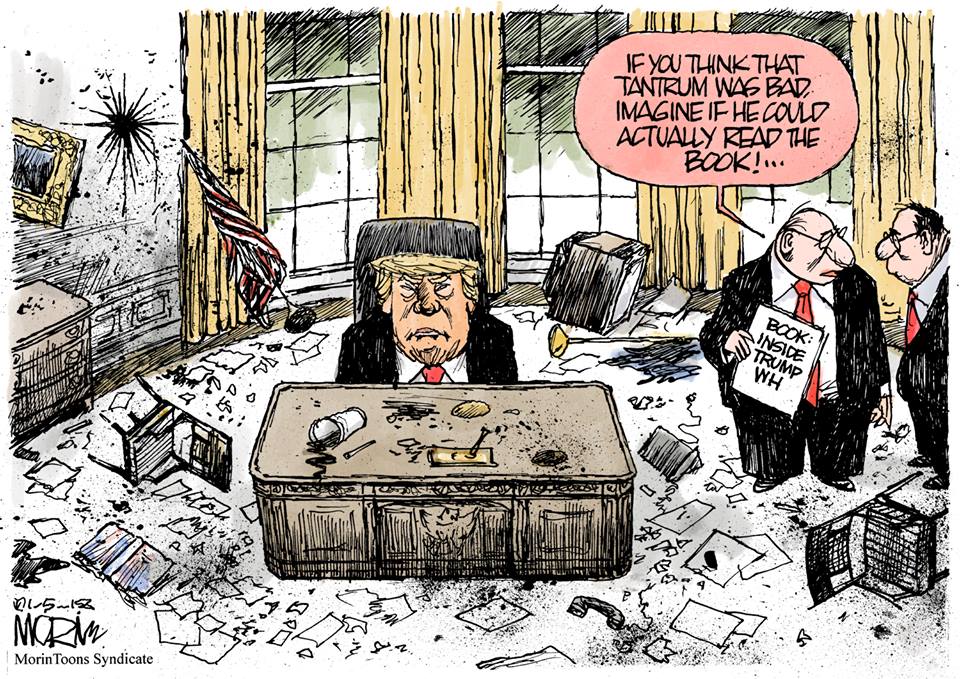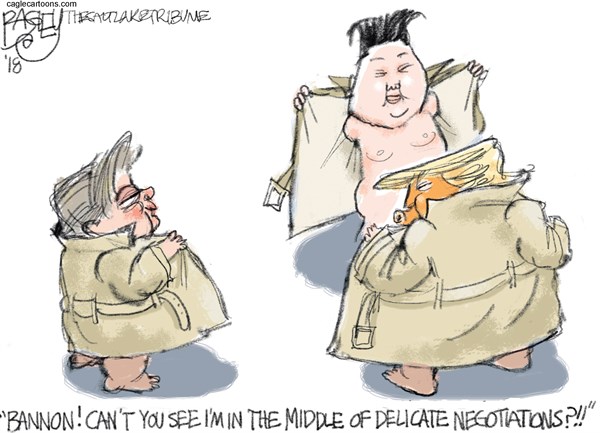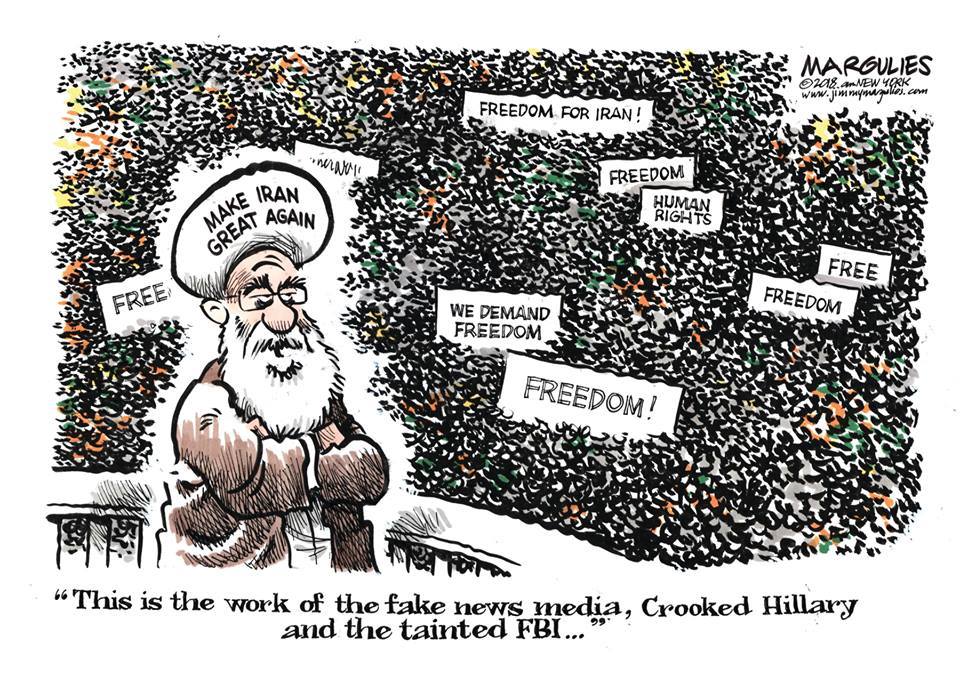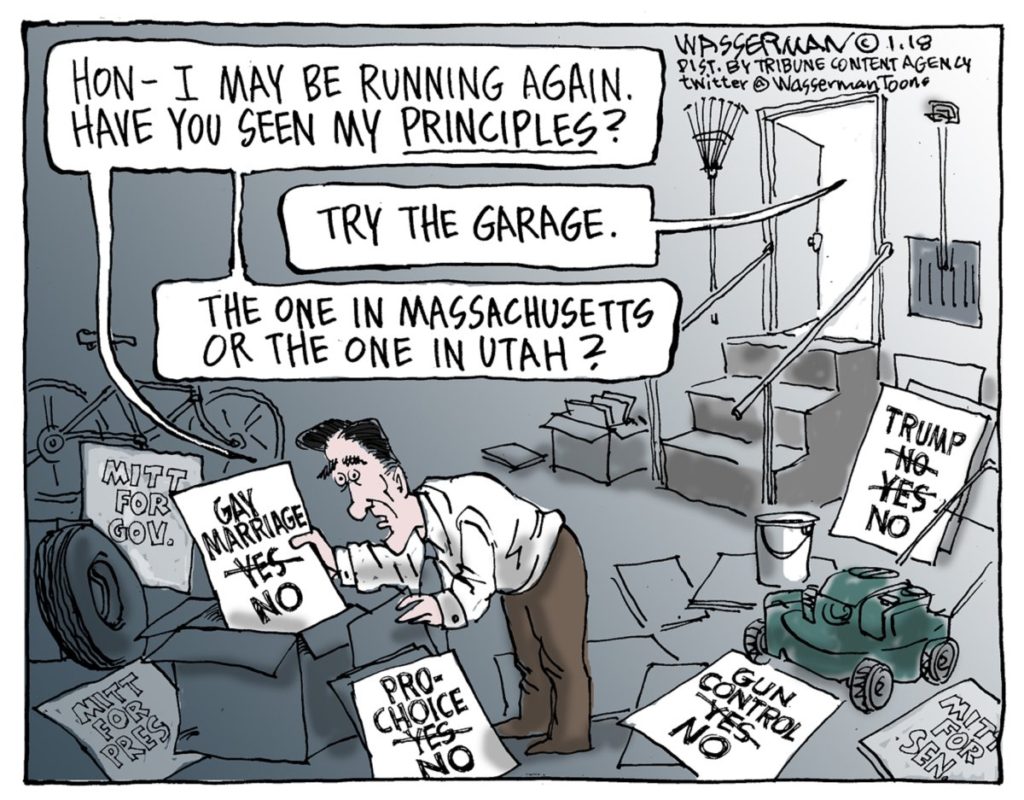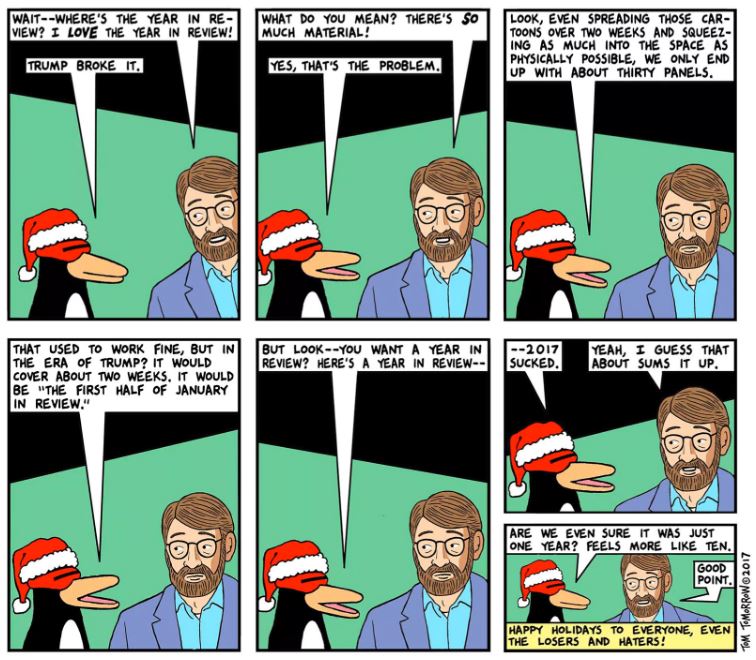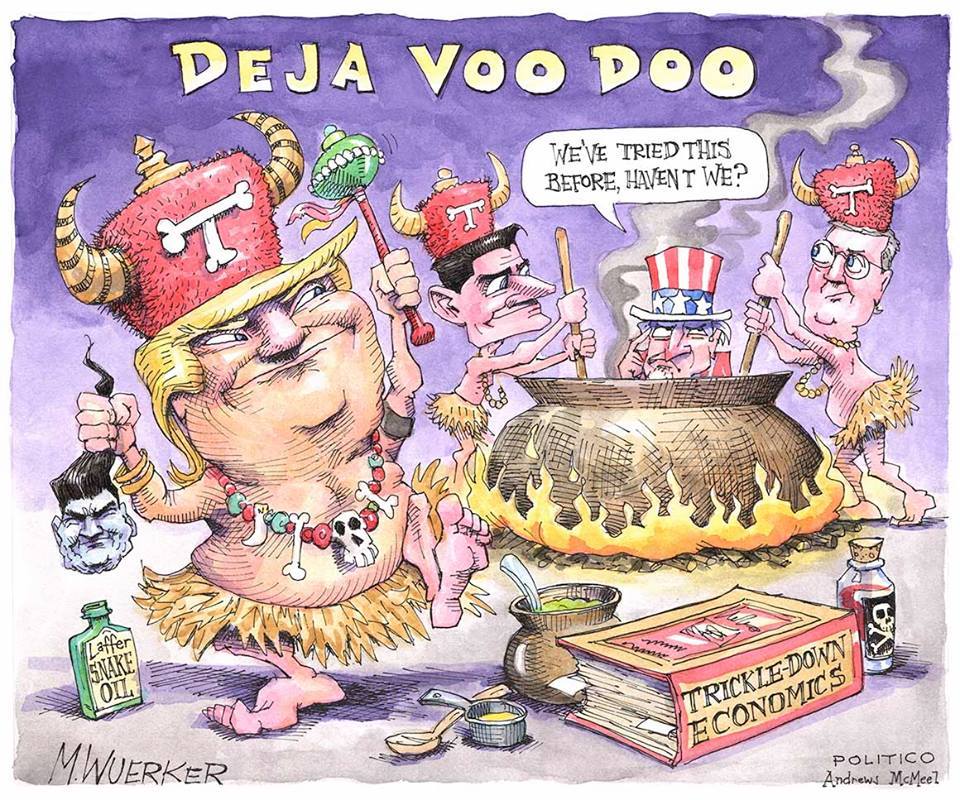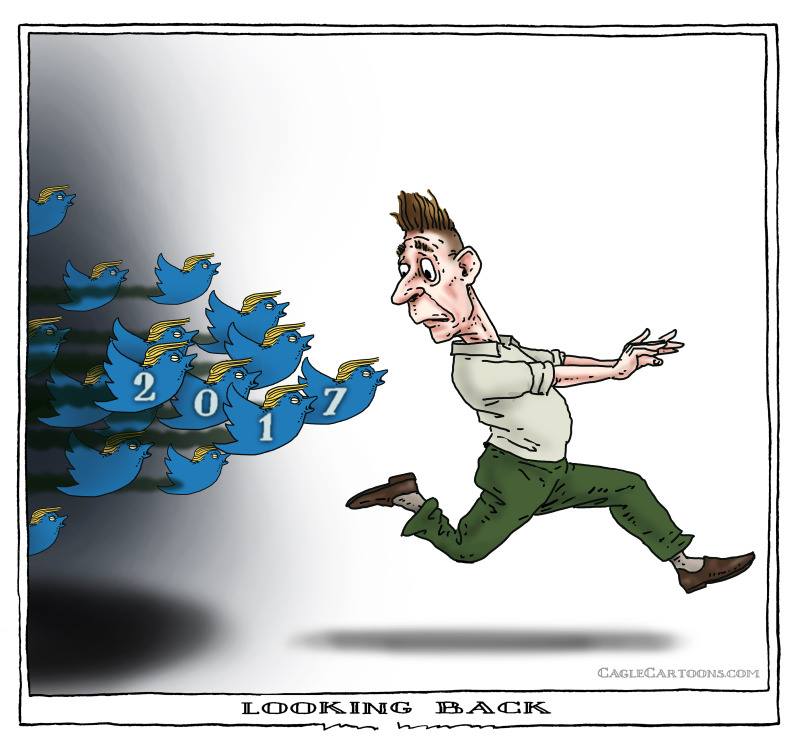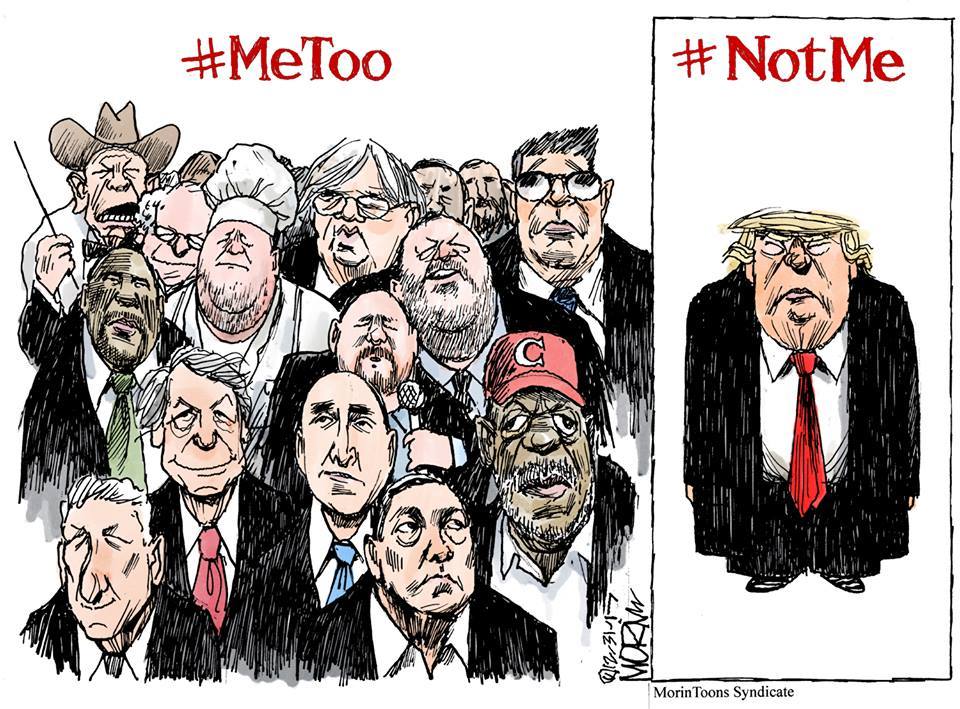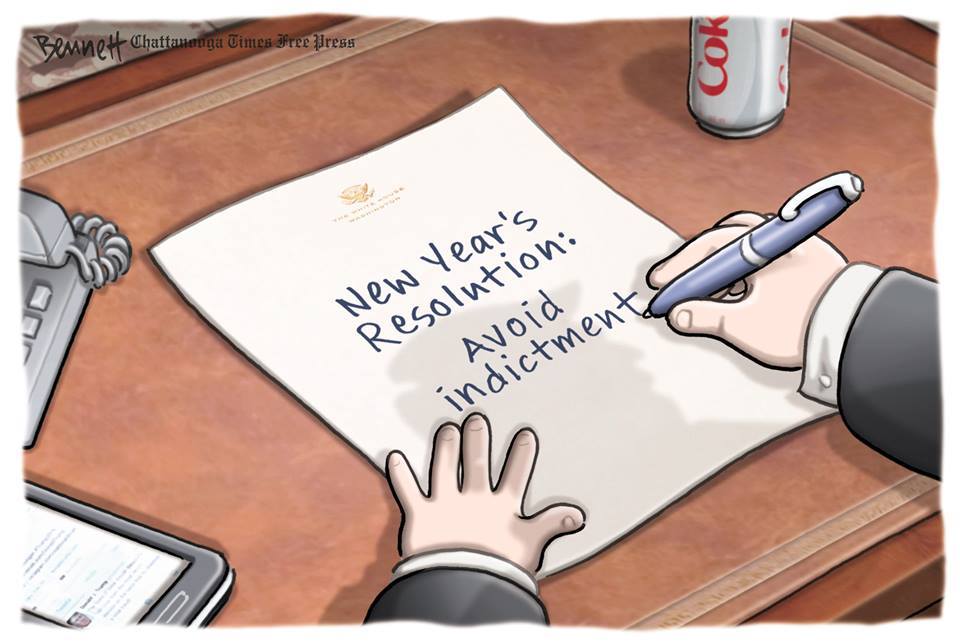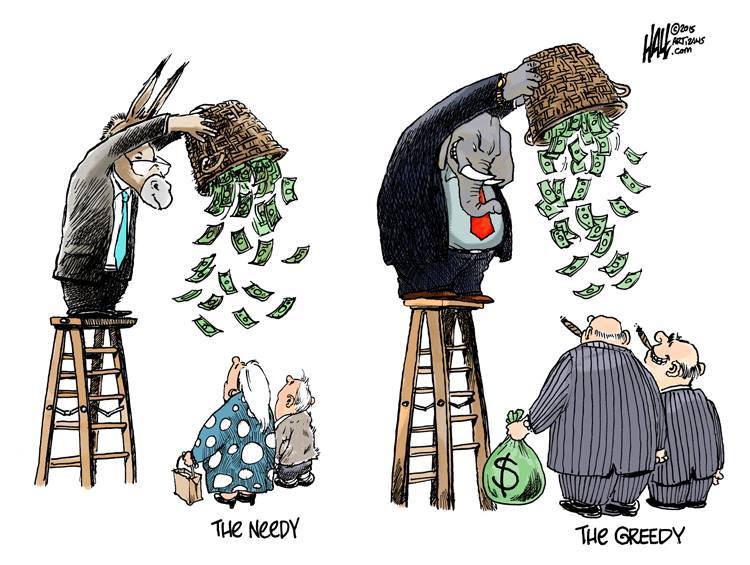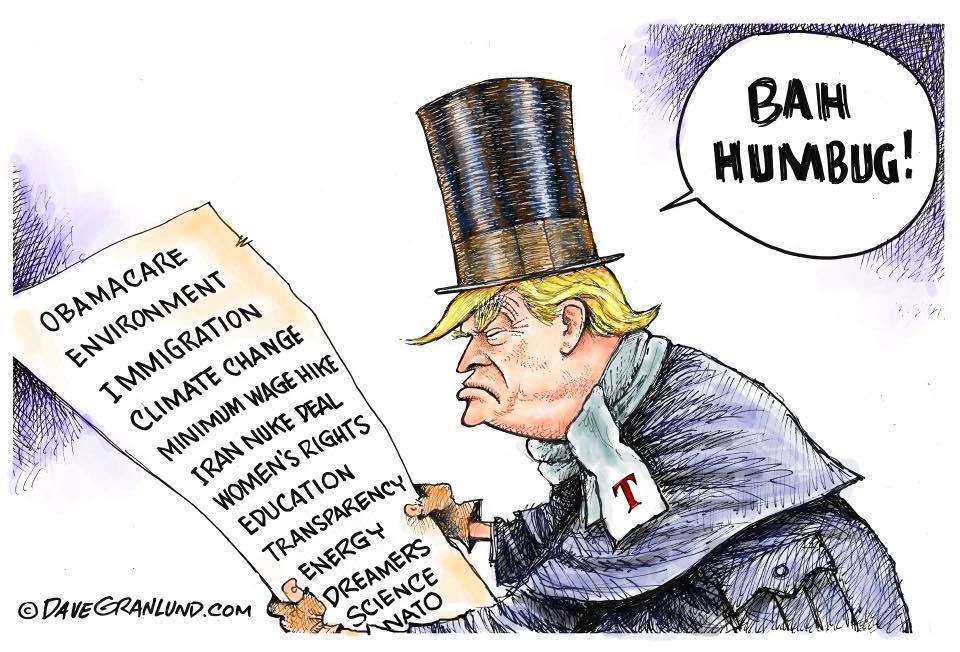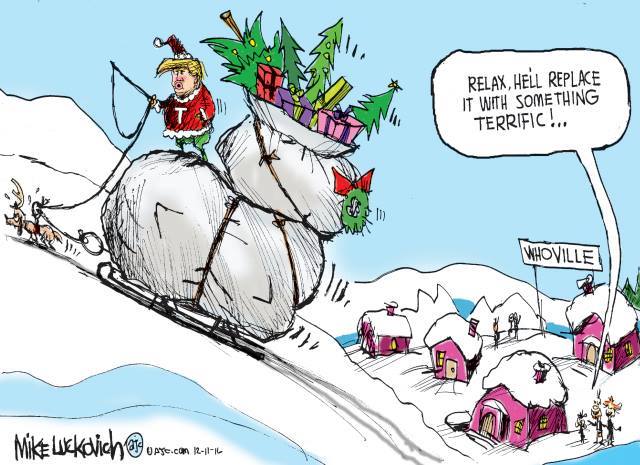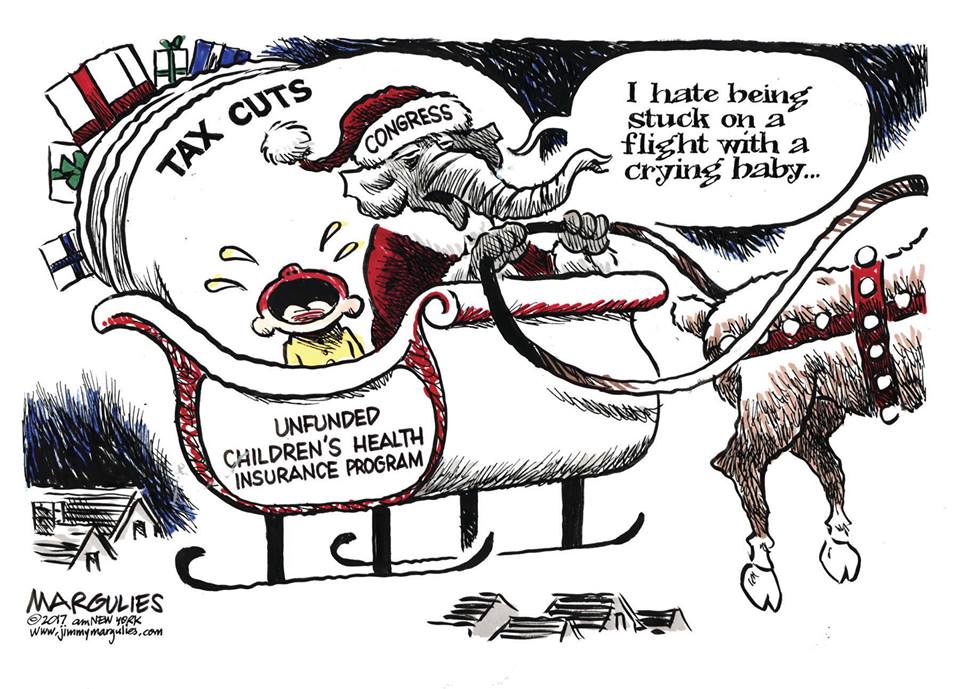The Daily Escape:

Drake Hooded Mergansers with a female Common Merganser tagging along. Housatonic River, Litchfield County CT – January 9, 2018 photo by JH Clery
You missed it. During the Christmas holiday week, the Trump Administration published a notice in the federal register announcing that it would waive the outstanding criminal sanctions against some of the world’s largest banks: Citigroup, JPMorgan, Barclays, UBS and Deutsche Bank.
The banks were facing sanctions stemming from a variety of wrongdoing, including the trillions’ worth of fraud in the LIBOR scandal, and Deutsche Bank’s role in laundering $10B for Russian oligarchs.
The LIBOR fraud effected every interest rate in the world.
Four of the banks receiving waivers, Citigroup, JPMorgan, Barclays and UBS, received temporary waivers from the Obama administration late in 2016 for one year. Now, the Trump administration has offered five-year waivers to Citigroup, JPMorgan and Barclays, and three-year waivers to UBS and Deutsche Bank.
By laws that protect retirement savings, financial firms with affiliates convicted of violating securities statutes are barred from the lucrative business of managing those savings. But, a special exemption will allow these banks to keep their status as “qualified professional asset managers”.
It makes you wonder what a bank has to do to get punished, or for a bank president to go to jail, when laundering money for drug dealers and manipulating global interest rates aren’t serious enough crimes. We’ve entered a period of extreme social stratification in this country, one that is similar to India’s: The bankers and politicians are the Brahmins and the rest of us are the untouchables.
These interactions with the Trump administration and the federal government are transpiring as Deutsche remains a key creditor for Donald Trump’s businesses. From David Sirota:
Donald Trump owes the German bank at least $130 million in loans, according to the president’s most recent financial disclosure form. Sources have told the Financial Times the total amount of money Trump owes Deutsche is likely around $300 million. The president’s relationship with the bank dates back to the late 1990s, when it was the one major Wall Street bank willing to extend him credit after a series of bankruptcies. In 2016, the Wall Street Journal reported Trump and his companies have received at least $2.5 billion in loans from Deutsche Bank and co-lenders since 1998.
In the year leading up to the new waiver for Deutsche Bank, Trump’s financial relationship with the firm prompted allegations of a conflict of interest. The bank also faced Justice Department scrutiny by five separate government-appointed independent monitors.
Meanwhile, the NYT recently reported that federal prosecutors subpoenaed Deutsche for:
Bank records about entities associated with the family company of Jared Kushner, President Trump’s son-in-law and senior adviser.
Not enough for you? The just-appointed number two in the DOJ’s office of the US Attorney for the Southern District of New York, is Robert Khuzami, formerly director of the SEC’s Enforcement Division. And before that, he was Deutsche Bank’s General Counsel.
Nothing to see here. Conflicts of interest are all over this case. Trump’s waiver is a clear conflict of interest. And both his son-in-law Jared and the new US Attorney have more than incidental relationships with Deutsche.
First Obama went easy on the banksters, and now, so does Kaiser Tweeto.
Republicans are happy to see Der Trump helping the banking industry and not pursuing them. And thanks to President Clinton, they no longer suffer under the restrictions of the Glass/Steagall act.
But, what about the conflicts of interest?
Who in this rogue’s gallery is working for us?

